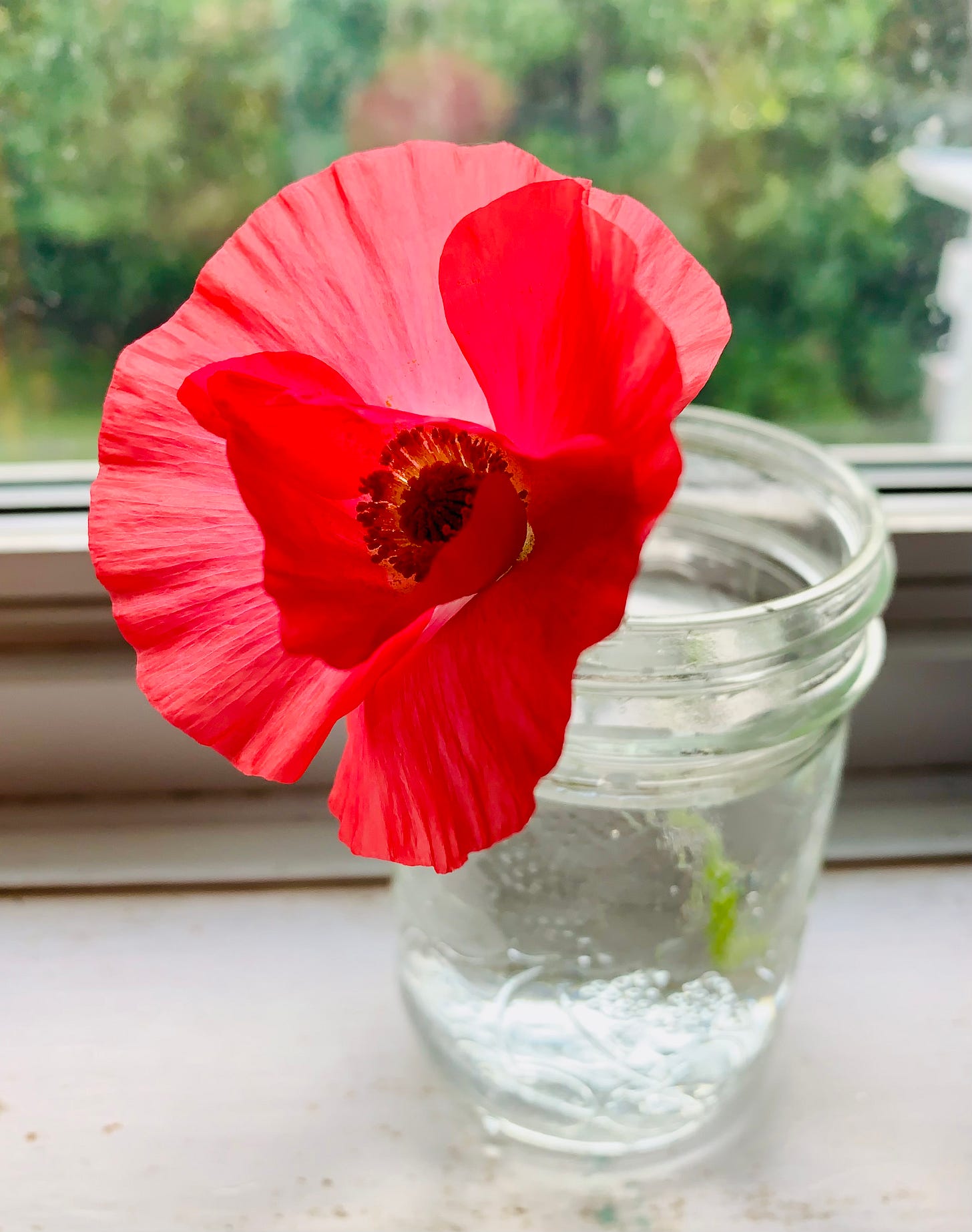A ceremony to greet loved ones from beyond: A perfumed runway of marigolds and lights, to scent and sight their landing after long journeys from ethereal realms. The colours signal a celebration, which is an unfamiliar prospect to many used to speaking of the deceased in hushed, funeral parlour whispers.
But it is a celebration: To welcome them back into our active lives for a night; to open the container that grew around our grief, in spite of our grief.
And it is also a reminder, a memento mori: That all of our lives are fleeting. The only certainty ever in life - aside from taxes - is that we, too, will take our place on someone else’s ofrenda. Should we be so lucky.

But it’s incomplete to leave it there. We need to speak the implied meaning out loud and in bold. That, memento mori fit memento vivere.
In a few days, I’ll make my way to a cemetery and visit my paternal grandfather’s grave: To tug on an invisible thread that stretches over time.
The connection, for me, is personal (if one can be spiritual without ascribing to any doctrine): To reflect on and recognize that I’m a part of something much larger than my individual corps. I’ll listen to a lone trumpet play on a scratchy speaker, and observe a dwindling crowd of blazer-clad veterans and legion members summon their strength to stand stock still for the fallen.
Before leaving, I’ll drop a poppy on the granite: Not to signal his own return home for a visit, but to punctuate the cold ground with a blood red exclamation. That he was here, and he tried to make a difference, like all the others in the row with him and the rows behind him across the numbing Earth. That he truly lived because he lived for something more.
In a world faced with a seeming endless well of hate and division during the darkest hours, a person - and then another, and another - tried to build something bigger, and better.
Rows of marigolds, rows of poppies: Connecting us to something bigger than ourselves. The ancestors, us, and those to come.



